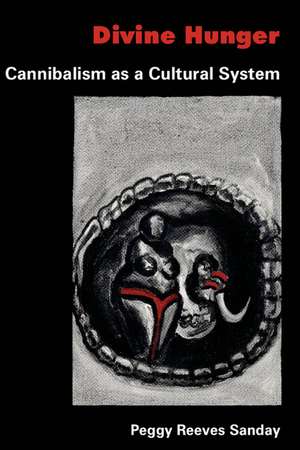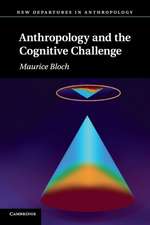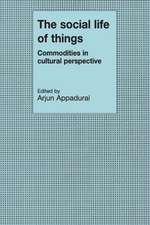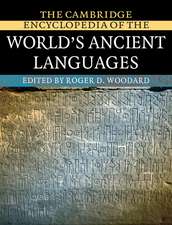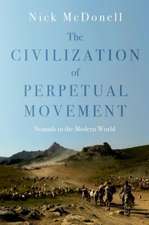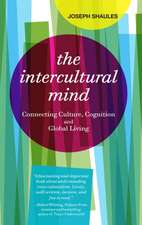Divine Hunger: Cannibalism as a Cultural System
Autor Peggy Reeves Sandayen Limba Engleză Paperback – 24 iul 1986
Preț: 158.71 lei
Nou
Puncte Express: 238
Preț estimativ în valută:
30.38€ • 31.25$ • 25.21£
30.38€ • 31.25$ • 25.21£
Carte disponibilă
Livrare economică 27 ianuarie-10 februarie
Preluare comenzi: 021 569.72.76
Specificații
ISBN-13: 9780521311144
ISBN-10: 0521311144
Pagini: 284
Ilustrații: 1
Dimensiuni: 158 x 231 x 19 mm
Greutate: 0.42 kg
Editura: Cambridge University Press
Colecția Cambridge University Press
Locul publicării:Cambridge, United Kingdom
ISBN-10: 0521311144
Pagini: 284
Ilustrații: 1
Dimensiuni: 158 x 231 x 19 mm
Greutate: 0.42 kg
Editura: Cambridge University Press
Colecția Cambridge University Press
Locul publicării:Cambridge, United Kingdom
Cuprins
Preface; Acknowledgments; Part I. Introduction: 1. Cannibalism cross-culturally; 2. Analytic framework; Part II. The Symbols That Give Rise to a Cannibalistic Consciousness: 3. The mysteries of the body: Hua and Gimi mortuary cannibalism; 4. The androgynous first being: Bimin-Kuskusmin cannibalism; 5. Cannibal monsters and animal friends; Part III. The Mythical Chartering And Transformations of Cannibal Practice: 6. The faces of the soul's desires: Iroquoian torture and cannibalism in the seventeenth century; 7. Raw women and cooked men: Fijian cannibalism in the nineteenth century; 8. Precious eagle-cactus fruit: Aztec human sacrifice; 9. The transformation and end of cannibal practice; 10. Conclusion: other symbols and ritual modalities; Notes; References; Index.
Recenzii
'A very impressive study that formulates a highly original argument about a complex and controversial topic, that presents rich case materials in the best tradition of anthropological analysis, that is superbly organized so that the flow of the argument is sustained and appropriately summarized throughout the book, and that is crafted in a literary style that is always lucid, and often elegant. Sanday's work represents a unique contribution in the originality of its insights and its admirable exploration of key issues in anthropological analysis beyond its immediate focus on cannibalism.' Fitz John Porter Poole, University of California, San Diego
